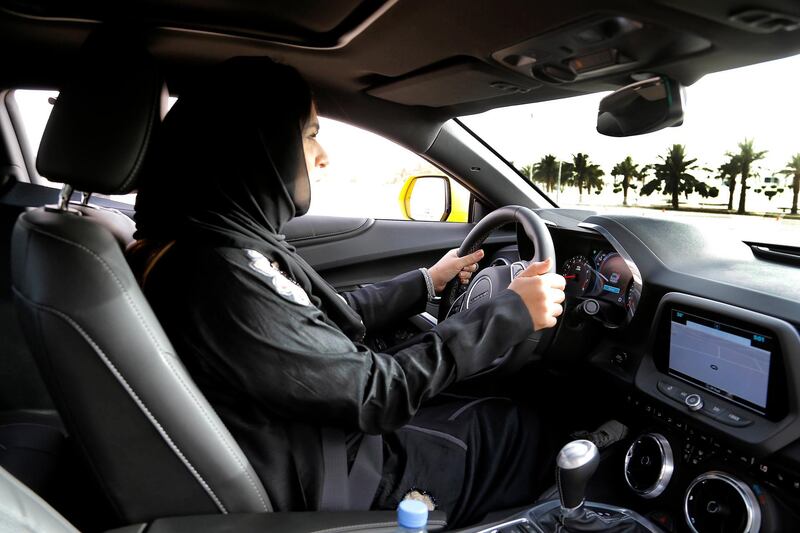Saudi Arabia has released veteran women's rights activist Aisha Al Manea following her arrest last week, accused by Riyadh of subversive behavior.
A security source at the Saudi State Security Presidency last week announced that the authorities had "monitored an orchestrated activity of a group of persons who dared to violate the country's religious and national pillars through making suspected contacts in support of the activities of foreign circles," according to the official Saudi news agency.
At least seven people were reported arrested just weeks before a ban on women driving is to end in the Gulf kingdom.
"We welcome her (Manea) release but we still do not know the conditions around it,” Amnesty International’s Middle East Director of Campaigns Samah Hadid said in a statement.
The Saudi authorities are yet to comment on her reported release.
____________
Read more
Women drivers to impact ride-hailing apps in Saudi Arabia
The real winner from Saudi's new stance on women drivers
Empowering Saudi women can bring huge economic benefit
____________
That ban is to be lifted on June 24 after King Salman announced a royal decree last year. Ms Al Manea had campaigned for its lifting before the royal family decided to do so in September 2017.
The requirements for the driving ban lift to begin have been established and five driving schools for women have been created, according to the country's General Department of Traffic. Women in the kingdom will be able to work as taxi drivers and in other traffic security-related facilities.
Manea, 70, had been working for women to drive since the 1990s. She was among six detainees who have been identified, along with Eman al-Nafjan, Loujain Al Hathloul, Aziza Al Yousef, Ibrahim Modeimigh and Mohammed Al Rabea.





